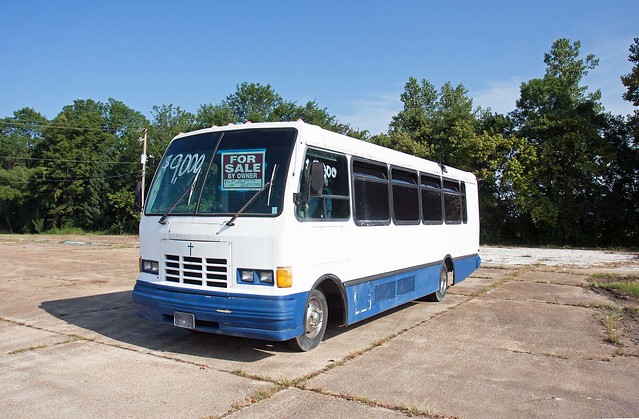Electric Tankless Water Heater For Shower
Whether you wash clothes, run the dishwasher, or take a shower, you want a steady supply of hot water. With a tankless water heater, you get that.
But proper sizing is critical to ensure you have enough capacity to meet your family’s needs. Consider these factors as you choose the best electric tankless water heater for your shower:
Energy efficiency
Energy efficiency is an important consideration when selecting a tankless water heater. These systems provide hot water on demand and only heat it when a faucet is turned on, rather than storing large amounts of hot water as traditional tank-style models do. This results in lower electricity and gas costs over time.
To determine the correct electric tankless water heater size, you should first calculate your household’s hot water needs. This can be done by estimating the flow rates of all hot water fixtures (showers, sinks, washing machines, etc.), as well as the desired temperature rise for each fixture. You can use a online calculator to help you with this process. Once you know how many gallons of hot water your household uses per hour, you can find the appropriate model for your home.
Electric tankless water heaters can be powered by either natural gas or electricity. However, the type of fuel that’s most cost-effective will depend on your local energy prices and availability.
Electric tankless water heaters also have the advantage of being more compact than traditional models. This allows them to be installed in smaller spaces, such as closets or crawlspaces. They also don’t require a large vent pipe and are less likely to leak or harbor bacteria. They’re also easier to visually inspect.
Space requirements
There’s nothing worse than hopping in the shower electric tankless water heater for shower and realizing that you’ve run out of hot water. In addition to being an inconvenient and frustrating experience, a lack of hot water can also drive up energy costs. Tankless water heaters eliminate this problem by heating water only when you need it. But to get the most out of your new unit, it’s important to accurately size it based on your household’s needs. This requires taking into account a number of factors, including the flow rate and temperature rise.
In addition to assessing your household’s current hot water needs, you should consider future changes. For example, if you plan to entertain more frequently or have children who have friends over after school, you’ll need a larger tankless water heater that can handle the extra usage.
You’ll also need to assess your home’s energy costs and determine which type of fuel is the most cost-effective for your area. In many cases, you can save money by choosing an electric model over a gas or propane unit. A pro can help you make the right decision for your needs and install your new tankless water heater. They can also provide leak-free water, vent and gas connections and upgrade your circuit breaker panel for safety and efficiency. In addition, a pro can perform annual maintenance on your tankless water heater to prevent mineral build-up from clogging the heat exchanger and reduce energy consumption.
Installation flexibility
Unlike traditional water heaters that have a tank, tankless models can be installed on the wall or in a small utility closet. This frees up floor space for other uses and allows you to optimize your bathroom layout.
You can also avoid the risk of running out of hot water as you did with old storage tanks, because these units heat water only when it is needed. They are also more energy efficient than traditional water heaters and offer a more flexible flow rate.
When deciding which model to buy, it is important to determine your peak period use. Add up the flow rates of the faucets and shower heads tankless heat pump water heater that you expect to run at the same time. This will give you a good idea of the maximum flow rate your home will need to sustain an acceptable temperature rise during these periods.
Electric tankless water heaters require a fair amount of electricity to heat the water rapidly. This may necessitate upgrading your electrical service size to accommodate this additional demand. A licensed electrician can perform this upgrade as part of your installation.
Most manufacturers recommend professional installation to ensure leak-free water, gas, and venting connections as well as a proper circuit-breaker panel upgrade (if required). Additionally, it is advisable to have a pro perform annual maintenance to keep the unit working at its best. This includes periodic vinegar flushes to prevent mineral buildup from clogging the heat exchanger.
Reliability
An electric tankless water heater operates at a low noise level, making it an excellent choice for areas such as living rooms and kitchens. However, it may require regular cleaning to remove accumulated mineral deposits from its heating element and prevent clogging. Refer to your specific unit’s manufacturer guidelines for instructions. If necessary, consult a plumber for specialized cleaning techniques.
A point-of-use electric tankless water heater is an excellent choice for single users and small households with one or two showers. It is also a good option for homes without a gas line or propane tanks, as well as those with photovoltaic panels that produce renewable energy. These units offer superior user convenience and high energy efficiency by heating the water only when it’s needed.
The drawback of a point-of-use unit is that it requires a much higher electrical capacity than whole-house models, GBA Editor Martin Holladay notes. It’s important to review the home’s existing electrical service and consult a licensed electrician before installing a unit. It may be necessary to upgrade the breaker box to accommodate the system.
Unlike storage-tank models, which run on natural gas, tankless units operate on electricity and use advanced technology to heat the water quickly and efficiently. They can also offer lower utility bills because they don’t waste energy by keeping hot water stored in a large tank. However, their costs can be high when you factor in installation and maintenance.


